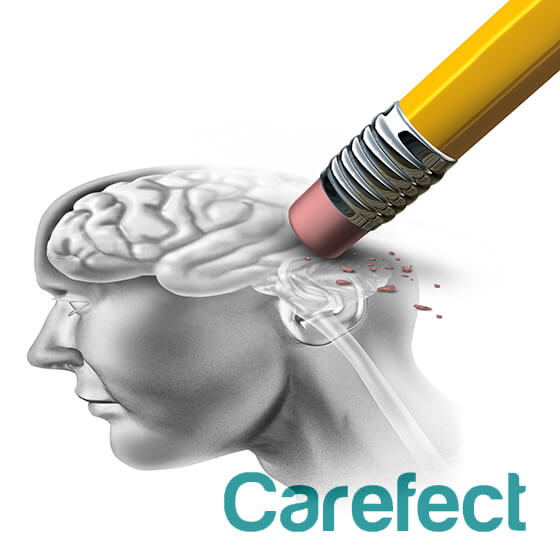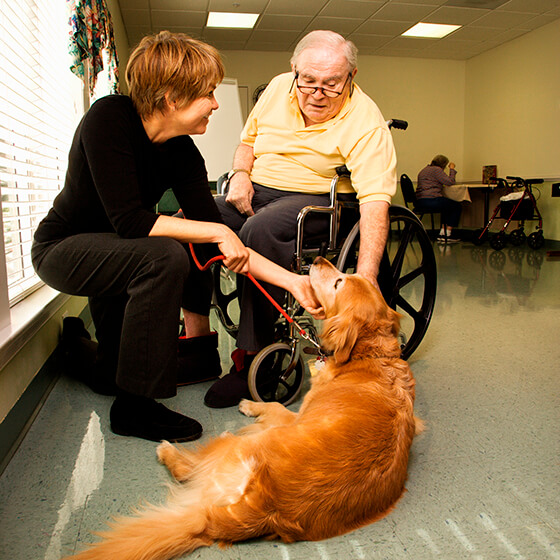Weight Loss and the Effects of Aging
Proper weight loss is an individual journey that depends on your specific circumstances. While maintaining a healthy weight can lead to a more active lifestyle, it can be a complicated journey especially for seniors. As we age, our bodies process food, exercise, sleep and heal in new ways. Seniors who may have been leading healthy lives may find it difficult to maintain that lifestyle, or those habits may not be serving them anymore. A healthy weight and lifestyle will look different for each age range. Adjusting personal healthy habits is...Read More









